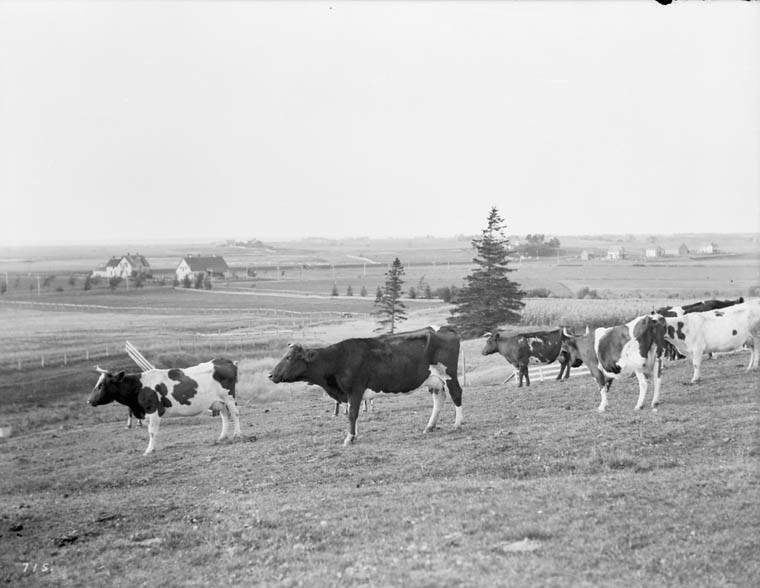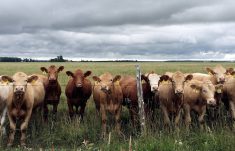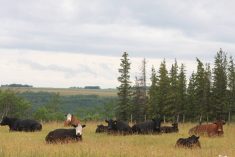It would appear that agri-industry is losing its two-decade-long battle to prevent labels on foods produced from genetically modified crops.
This despite the millions upon millions of dollars poured into aggressive anti-labelling campaigns during state referendums on the issue.
It has been a fascinating development to watch.
Even as the pro-labellers successfully convinced legislators in Vermont to go with mandatory labelling, the industry took its fight to the U.S. government. There it has become mired in the dysfunction that defines U.S. policy-making these days.
Read Also

Government silence loud on AAFC cuts
Canada’s federal government trumpets fiscal responsibility; their silence on a day of massive Agriculture and Agri-Food Canada cuts was baffling at best.
In the end, it only took one state and then one company to start a landslide. Vermont passed its law. As federal legislation shutting that down failed to materialize, Campbell Soup decided to go with labelling, quickly followed by General Mills, Kellogg and Mars. The list continues to grow.
U.S. Agriculture Secretary Tom Vilsack has waded in with his support for digital labelling, allowing motivated consumers to get the information online, rather than putting it on the packaging.
Food processors are saying it’s too expensive to put it onto packaging for products sold in one state, so they’ll be changing their packaging for all.
In a roundabout way, losing this battle could help promoters of this new science win the war over those who don’t like it.
The science is pretty clear that although there are downsides to genetic engineering, food safety is not one of them.
Acknowledging consumers’ right to know how their food is produced removes the biggest weapon the anti-GMO campaign has in its arsenal — the notion that the industry opposes labelling because it has something to hide.
Chances are, once consumers are assured of their right to know, most will shrug and continue to buy the products they’ve always enjoyed.















